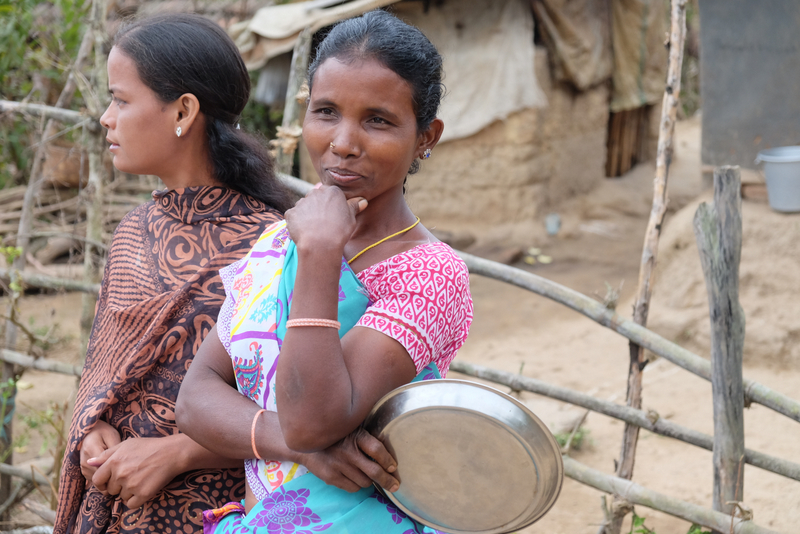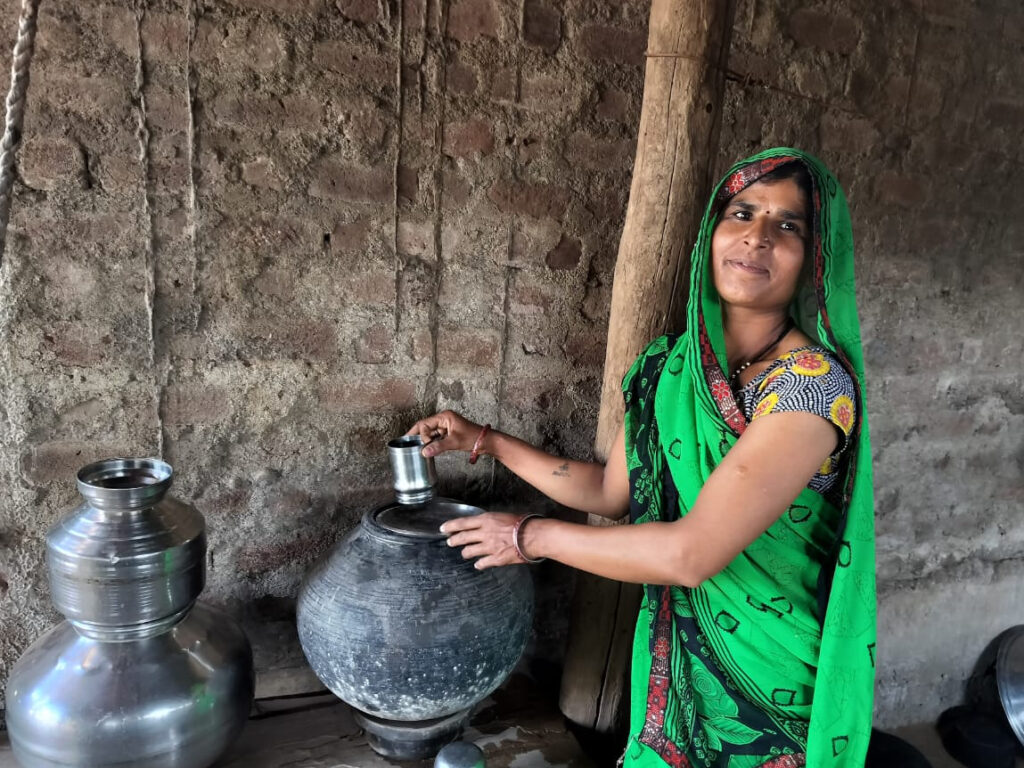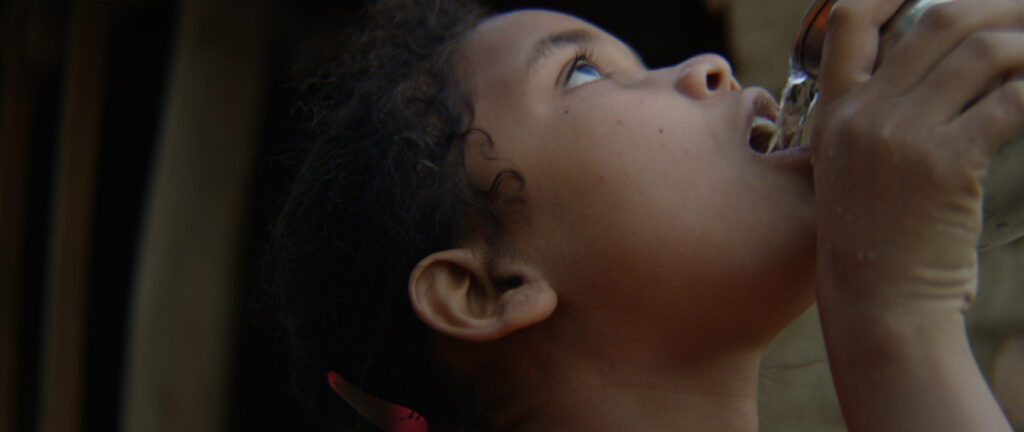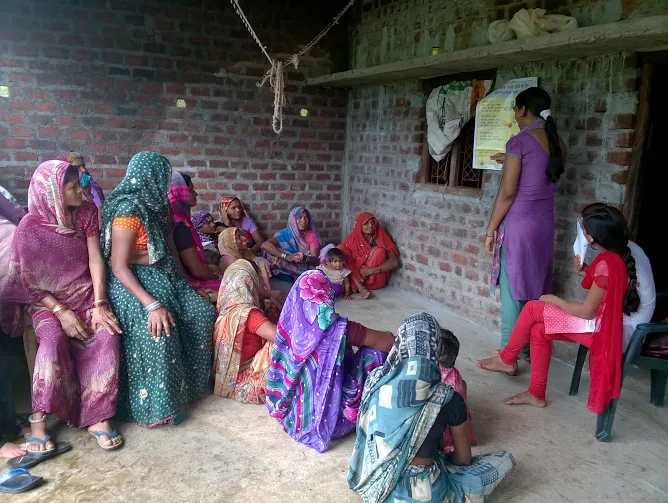Rapid industrial development, urbanisation, and an increase in agricultural production have led to increased demand on groundwater, resulting in freshwater shortages in many parts of the world.
Jamniamota village is in the district of Dhar, in India’s Madhya Pradesh. During the growing season, the community of Jamniamota depends on the production of cash crops like wheat, cotton, maize, and pulses. In the off-season, they would find daily wage labour to support their families. The inhabitants of Jamniamota rely on groundwater which traditionally, they drew from open wells. Dhar is prone to drought and as the demand for water from the agricultural industry increased, these wells began to dry up, especially during the long, dry Summer.
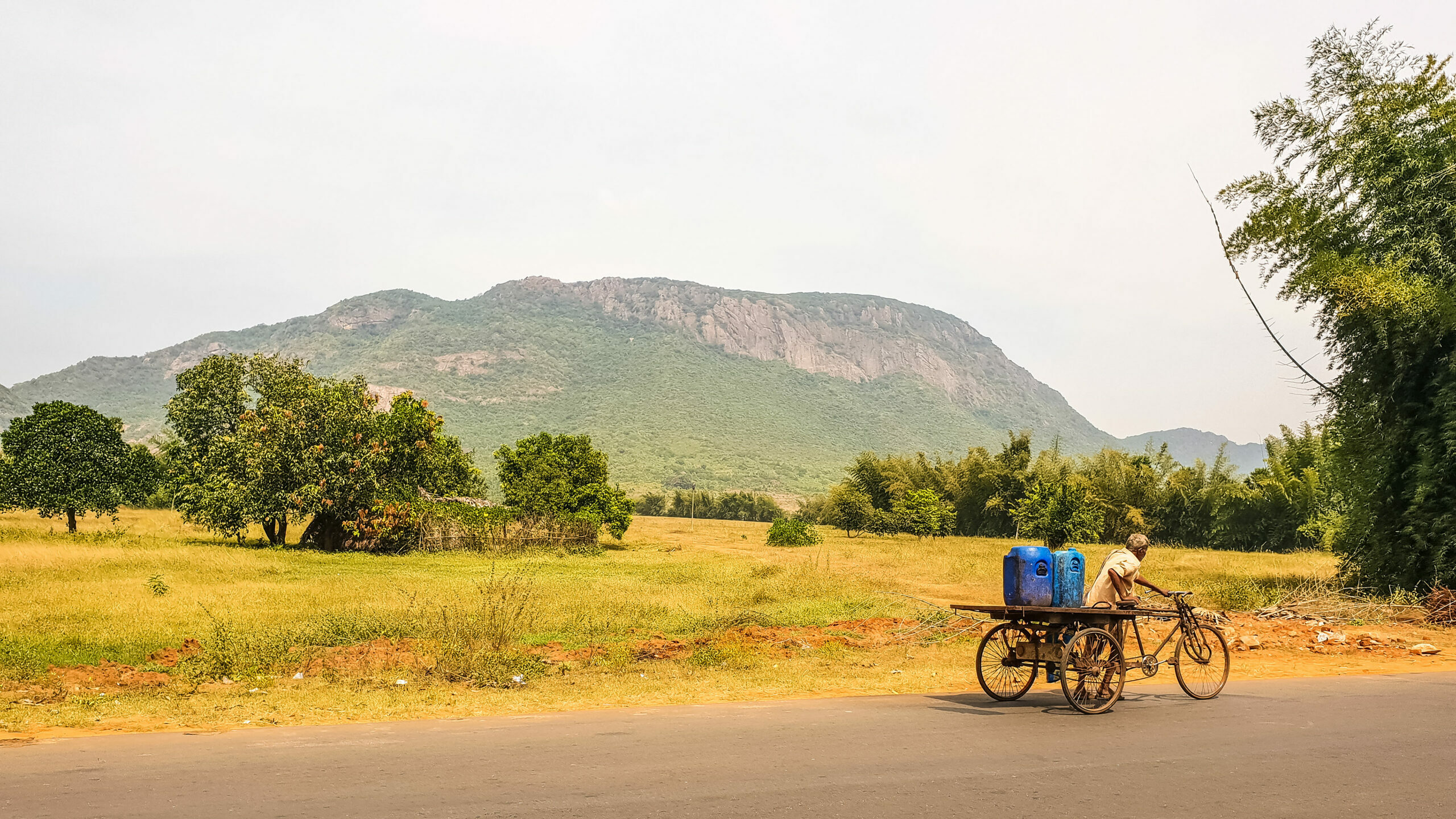
In response, communities simply dug deeper to reach what groundwater there was.
However, gradually reducing groundwater levels and dry wells meant that not only were crops failing due to a lack of irrigation but safe, drinking water was becoming harder and harder to access. Everyday, twice a day, women would walk 1.5km to fetch water for use in their homes, for drinking and cooking. Each trip would take them at least an hour. Sanitation facilities were also inadequate. Of 65 households, just a handful had their own toilets.
In 2018-19 Frank Water and PSI worked with Jamniamota as part of our Global Challenge WASH Basins programme. WASH Basins uses an Integrated Water Resources Management (IWRM) approach to promote groundwater recharge techniques and improve water management at community and district level. The villagers were excited at the prospect of this project, particularly those who had wells situated in the area designated for groundwater recharge. With their enthusiasm and encouragement, the whole village was inspired to get involved. Every household made a small financial contribution and many gave their time and energy to put in place the infrastructure mapped out beforehand in the the water security plan. Together, we constructed a weir and a dike in the canal that passes through the village, encouraging rainwater to better percolate into the ground. We also repaired three existing weirs to improve rainwater capture.
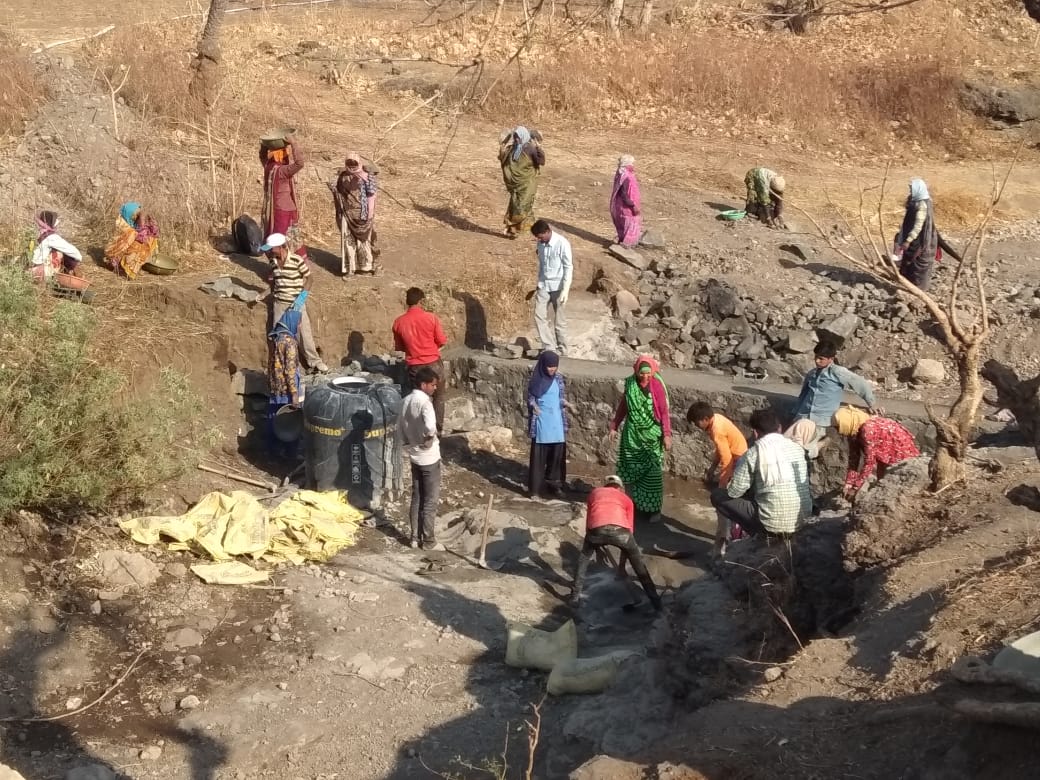
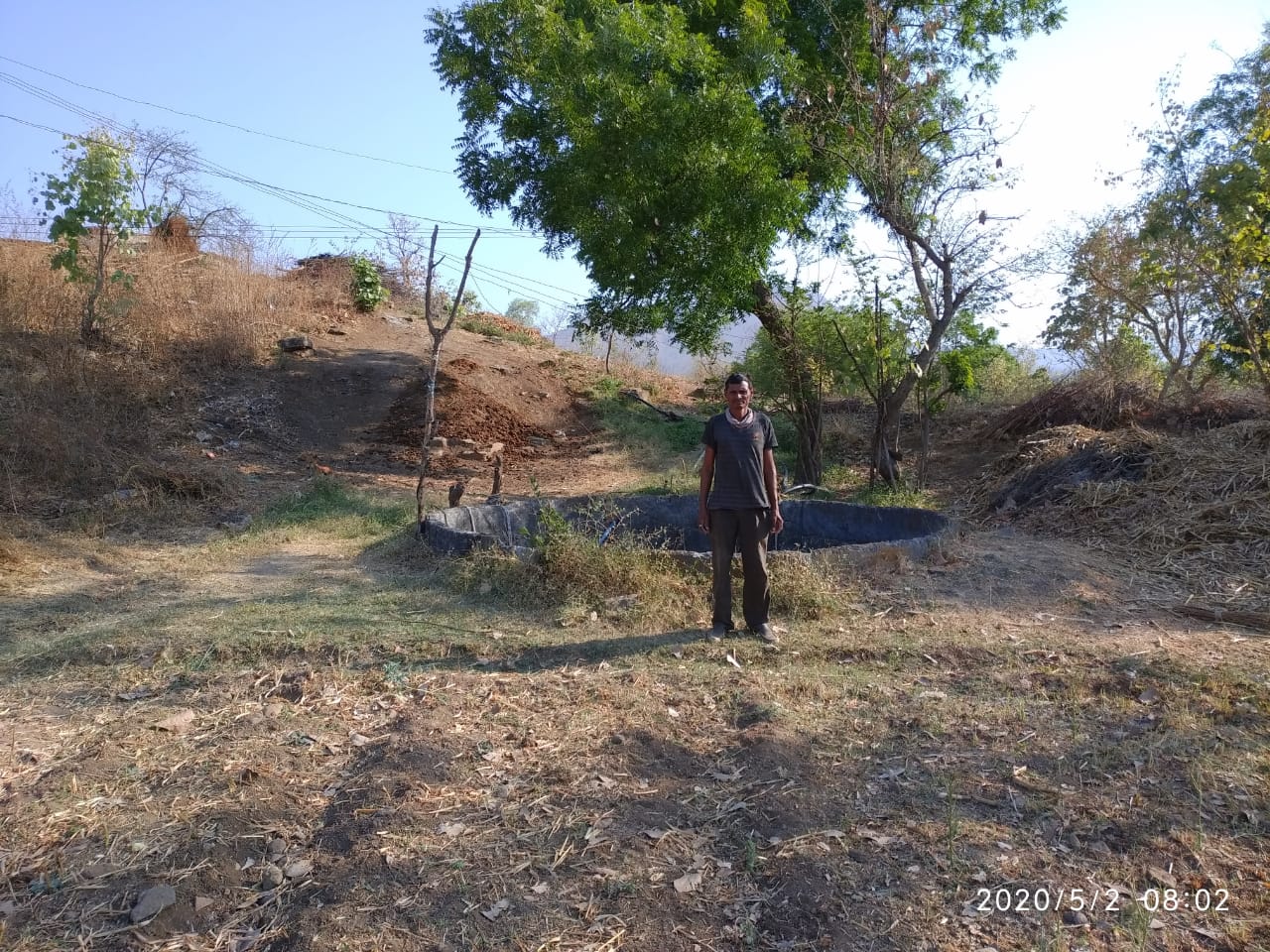
The newly built weir prevents water runoff, and keeps the canal topped up even after the rains had been. As water percolates into the underground aquifer, the wells filled and those which would normally be dry by mid-February, still had water in April.
The community of Jamniamota now has a safe water supply within 5 minutes from the village. Farmers have enough water to irrigate their crops and have seen an increase in yield of between 100-350kg.
Inspired by their success and more aware of the importance of sanitation and good hygiene, 35 households submitted applications to the village leader for funding for toilets.
Together, we’ve developed a sustainable solution to water scarcity in Jamniamota village by decentralising management of groundwater resources. This approach is already being replicated in other villages of Dhar District.

